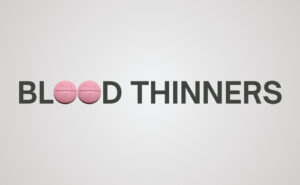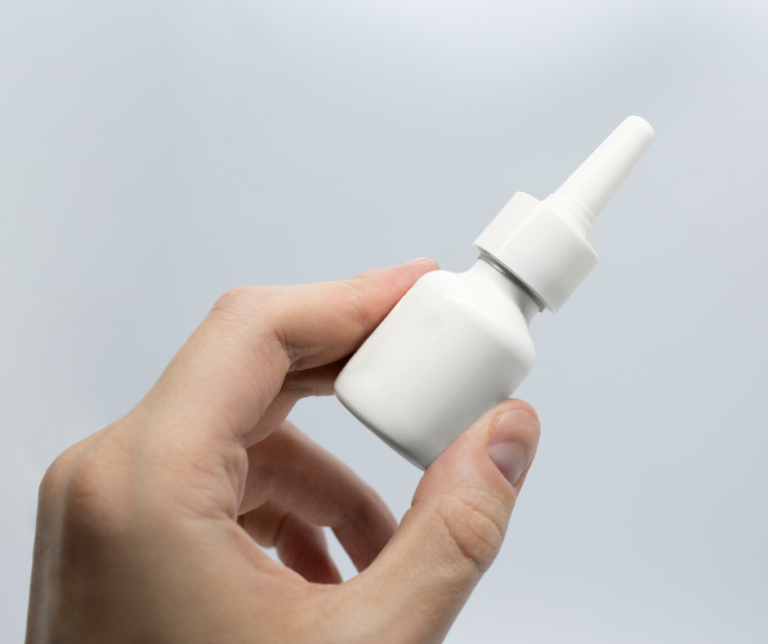
During the winter months you may have been stuck with a blocked or stuffy nose. It isn’t pleasant as you struggle to breathe, or even sleep. Plus, it just won’t clear up no matter how much you blow into tissues trying to clear it.
You may be one of many kiwis who have the common misconception that your stuffy nose is due to your nose being blocked by all that excessive mucus!
However, the real cause isn’t the snot – it’s swelling and irritation. Let’s have a look at what nasal congestion is. This information will explain how treatments work, so you can spend a bit less on those aloe vera tissues.

Nasal congestion is the inflammation of the nasal mucous membrane – this is the lining of the inside of your nasal cavity. The swelling of the lining is typically a reaction to an irritant or infection. This primary symptom often coincides with a runny nose, sinus pressure or pain, and mucus build up.
Triggers for Nasal Congestion:
Minor illnesses like the common cold or flu are one of the most common causes, especially during colder months.
People with hay fever will often develop nasal congestion due to allergens like pollen or dander which irritates the lining of the nose.
Environmental irritants can also cause nasal congestion, for example cigarette smoke, chemical fumes, or exhaust fumes.
If you are suffering from nasal congestion, you are likely to find yourself looking at a range of nasal decongestant sprays or tablets. Sprays and tablets work in different ways, and you may prefer one over the other.
Nasal Decongestant Tablets: tablets or capsules are taken orally and need to be absorbed by the digestive system. This means it may take up to 30 minutes before symptoms start to alleviate. Many cold and flu tablets will contain phenylephrine for relief of blocked noses.
Nasal Decongestant Sprays: used for fast acting relief of nasal congestion. They work by being applied directly to the nasal passage – narrowing the blood vessels in the nose, throat, and sinuses. Sprays clear symptoms significantly faster than tablets and typically start working within 5-10 minutes. It is important to only use sprays in the short term (usually 3 days maximum) or else you may develop rebound congestion, which is often more severe than the initial congestion being treated.
If you are suffering from hay fever, antihistamines are often recommended as they relieve and prevent the many symptoms of hay fever like sneezing, nasal congestion, runny noses, watery eyes, and itching (nose/eyes). Whereas a nasal decongestant will only relieve your stuffy nose.
If you are struggling to make it through the day or get quality sleep due to a blocked or stuffy nose you can find relief through nasal decongestants. They are available as a tablet or as a spray. You may prefer one over the other, however it is important to remember that while sprays work fast, they often should not be used longer than 3 days (always read the label or talk to a ZOOM Pharmacist). If you have allergic rhinitis (hay fever), taking an antihistamine will treat more of your symptoms than just a nasal decongestant.